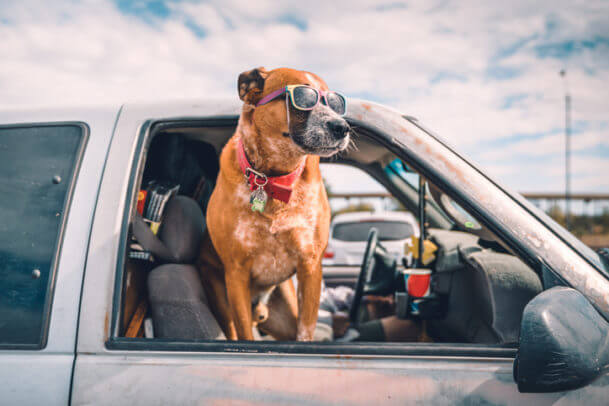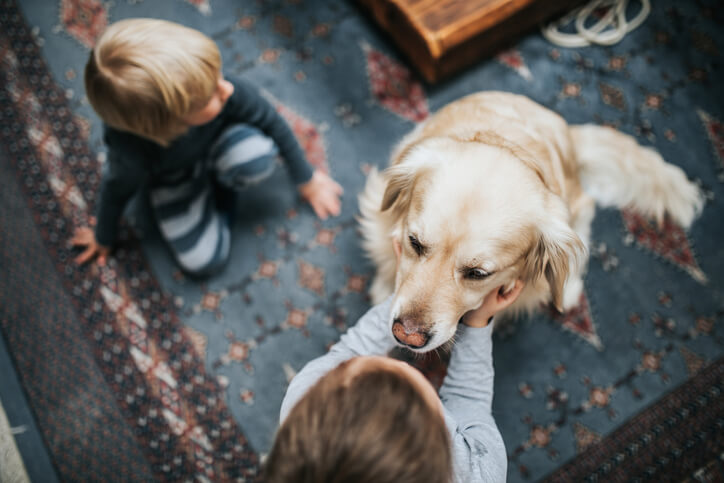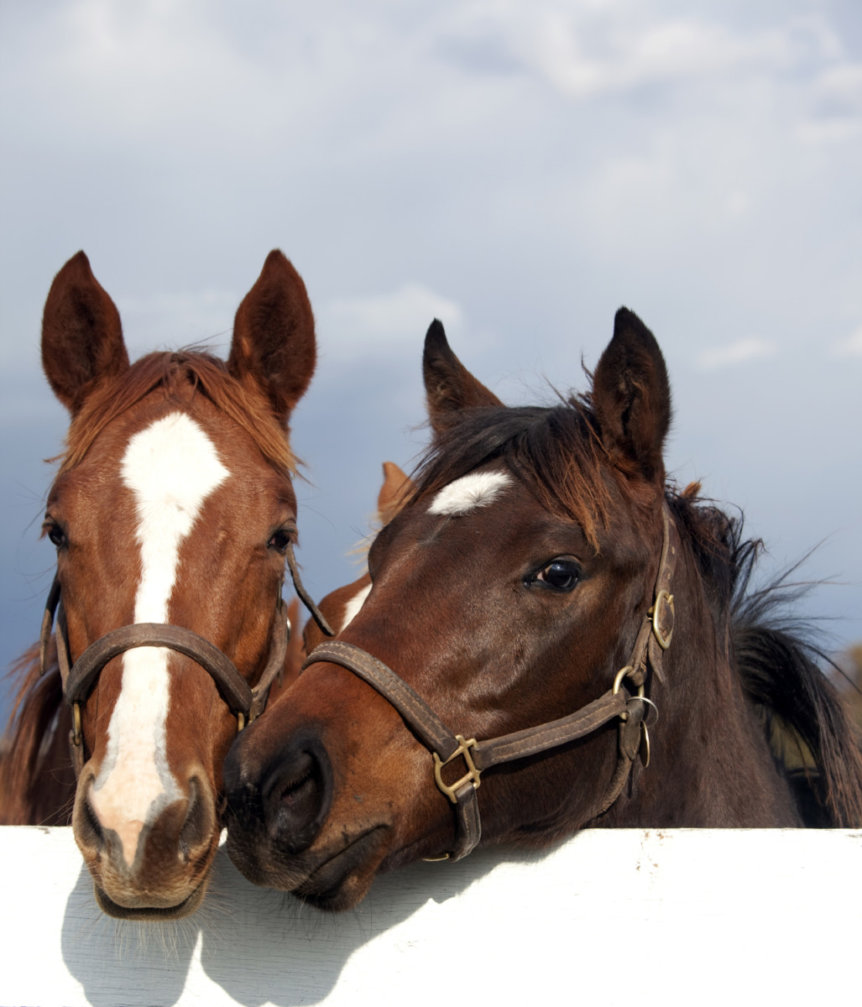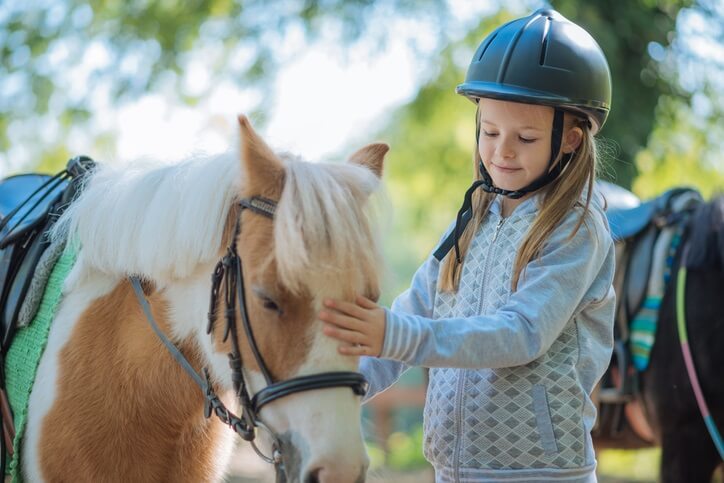According to a 2018 study by the AVMA (American Veterinary Medical Association), approximately 57% of all US households have at least one pet. So, what happens to your pet when you die or become incapacitated? Planning ahead can give you peace of mind knowing that your pet will be cared for after you’re gone. There are several ways to do …
Episode 43 of Ag Law Today: Processing Laws
I loved this conversation with Beth Rumley on this episode of Ag Law Today speaking about all things slaughter and processing laws. The National Agriculture Law Center is such a wealth of information. Beth is a brilliant writer and speaker. The agriculture community is lucky to have her.
A Closer Look at the Pet “Custody” (or Pet Allocation) in Illinois
A recent Champaign County case was decided concerning the division of property concerning pets in a divorce. In the case of IRMO Montgomery v. Montgomery, a childless couple had two Shih Tzu dogs together that were about one year apart in age. Both proved to be fit owners and the Husband had both dogs when the Wife moved out. Later, …
Ask Kym: Factors Illinois Courts May Consider for the Allocation of Pet Responsibility
After the seminal case of the Marriage of Enders, in 750 ILCS 503(n), Illinois law established the allocation of pet responsibility in divorces. Here are a few of the factors that a court may consider: Who owns the companion animal; Who pays for the companion animal’s needs; Who takes care of the companion animal’s daily needs; Who walks/plays with the …
NALC Fact Sheet: Animal Law Issues in Farm and Ranch Divorces
There are a myriad of animal law issues affecting farm and ranch families who are going through a divorce (both with companion animals but also livestock and frozen genetics). Read my Fact Sheet with the National Agriculture Law Center here. Don’t forget to check out all my NALC Fact Sheets on family law issues with agriculture here.
Family Law Issues in Agriculture: Animal Issues
Divorces among farm families inherently have animal issues – not only with live animals but also with genetic material (e.g., embryos, semen). These are important property disputes for some farm families. Depending on the state, companion animals can be treated differently. Companion Animals To begin, companion animals typically include dogs and cats, but can also include some exotic animals and …
Illinois Family and Animal Law: “Custody” of Pets
As of 2018, matrimonial judges can consider the “well-being” of a pet in deciding whether there will be sole or joint ownership. The new law expands the Illinois Marriage and Dissolution of Marriage Act (“IMDMA”). Now, 750 ILCS 5/503(n) states that: “If the court finds that a companion animal of the parties is a marital asset, it shall allocate the …
Pet Trusts: Some Considerations for Pet Parents
Estate planning is about protecting what’s important to you. Although much of the traditional estate planning conversation focus on surviving spouses, children, grandchildren, many pet parents wonder about what could happen to their “furry children” after their death or if they become incapacitated and unable to care for the pets. Read on if you’ve ever thought, “What will happen to …
Wanna Catch-Up on My Old Podcasts?
So the cat is out of the bag – I will be starting a new podcast soon with Purdue University Extension called “Ag Law Today”. In preparation of entering this new podcasting, I have compiled my old appearances on podcasts. You can view it here. Happy listening and stay tuned for more info on Ag Law Today!
Animal Law: Federal and Illinois State Treatment of Emotional Support Pets
Pets are a large part of people’s lives, and many depend on them for emotional support. Thus, the issue of whether emotional support pets or service animals can accompany its owner to public places becomes an issue. This post will discuss some common questions that come up when evaluating whether a pet can accompany its owner in a public place. …
New York Animal Law: Injuries by Pets and Farm Animals
A friend recently told me a story of a particular house in her neighborhood that she avoids on her walks with her children, since the dog “looks and acts vicious”. In the past, neighbors have complained of the dog running up to the end of the property with a loud, intimidating bark; however, the dog has yet to run off …







